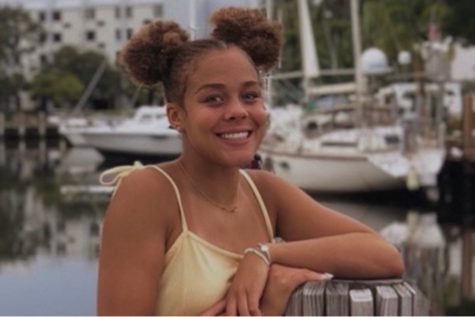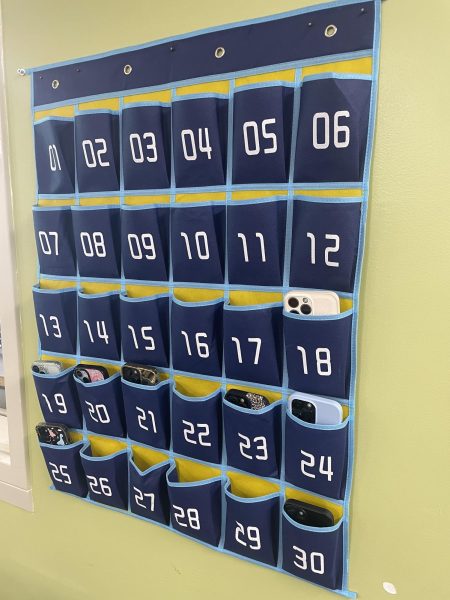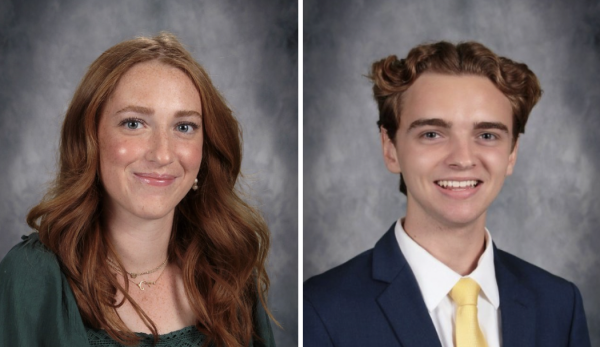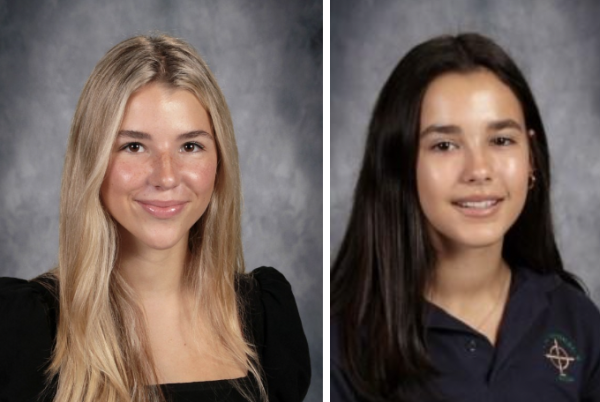Face Off: Voting age should be lowered to 16

Since the early 2010s a handful of communities, mostly in Washington, DC, have already lowered the voting age to 16 for local elections and other cities are considering it as well.
Teens were already voicing their strong opinions, staging protests around the country, pressuring lawmakers for action on gun violence in response to Parkland shooting. So why shouldn’t they also have a voice in office too?
The voting age is 18 because when the amendment was passed the nation had been absorbed in the Vietnam War for years, and people began to think that if young men and women were old enough to fight in war then they were definitely old enough to vote, and thus the Constitution was amended.
Currently four other cities, three of which are the Maryland cities Takoma Park, Greenbelt and Hyattsville, have allowed 16- and 17-year-olds to vote in local elections. Many states also allow 17-year-olds to vote in state and presidential primary elections if they turn 18 before the general election, given that the purpose of the primary is to nominate candidates for the general election.
Many teens have very well thought out positions and frankly, in many cases, they’re leading the adults. As a result of their part-time and summer jobs, many 16-year-olds are taxpayers who cannot vote for their own elected representation according to pbs.org.
“Allen (a teen who supports lowering the vote age), has reintroduced his bill at a time when a youth movement is unfolding across the country, with students and teenagers are participating in advocacy, activism, and even government itself,” according to PBS. The national voting rights advocacy group FairVote supports this bill. FairVote representative Dave O’Brien said that 16- and 17-year-olds are affected by the same policies or even policies in a different way than older voters are.
“Sometimes, they’ll be affected by those policies longer,” like the environment, the national debt and decisions about war. “It seems only right that they should have some sort of input into it,” he added.
There are a lot of 16- and 17-year-olds who walk around the streets every day with adult responsibilities. They don’t only have their own jobs, they’re a part of helping run and support their families. Some may even have kids of their own, so why shouldn’t they have a voice in helping to shape the world that they live in?
Also political parties have had trouble getting 18- to 24-year-olds to show up on Election Day, so starting the voting process earlier will encourage lifelong voting.
A FairVote analysis of the 2013 election in Takoma Park showed that about 17 percent of 16- and 17-year-old eligible voters cast a ballot in the local election. That’s about double the 8.5 percent of eligible 18-year-olds, according to PBS. This shows that 16- and 17-year-olds are more engaged and have shown that they will vote repeatedly which is a very good thing.
If they are getting engaged now, they will most likely become lifelong voters, which provides yet another reason for the voting age to be lowered to 16.

Ava Amos is a senior and is the co-editor-in-chief of the Megaphone staff. She is a member of the varsity softball team and enjoys volunteering with the...






